A pathbreaking initiative combining forces with the Delhi Police and AIIMS to deter the incidence of rape was announced on the International Day for the Elimination of Violence Against Women. The awareness drive has been launched to highlight the role of common people and the application of DNA forensics in expediting India’s criminal justice system in sexual offence and rape cases.
At the Launch of the drive Nishtha Satyam, Deputy Country Representative, UN Women India, said, “DNA is your unique identity that is present in every part of your body. In your nails, blood, skin, sweat and even in your spit. It’s impossible that in a rape case a rapist does not leave his DNA behind. We need to save the evidence and demand for DNA testing. We must generate awareness about this topic because DNA is the biggest weapon against this brutal crime.”
One of the biggest challenges a rape survivor faces is in proving the offence while relying on ocular evidence in court, when in reality, most often there are no eyewitnesses in such a case. The campaign brings to the fore the cruciality of collecting and preserving offender DNA, i.e. bodily fluids or skin or nails or hair from the scene of the crime and from the survivor, as it is the most conclusive evidence that can lead to a conviction. Thereby eliminating the reliance on ocular evidence. But DNA evidence must not be washed off, it must be saved.
Dr Pinky Anand, Additional Solicitor General India, added to this, “Considering the importance of DNA evidence that is conclusive, the Government too, has introduced the DNA bill. The matter still lies with the standing committee for discussion. We are also looking to make a national offender database with the help of which a serial rapist can be identified and brought to justice quickly. Over the last two years, owing to the increased awareness levels on this subject, DNA crime testing has doubled. We must take care of two things, preserve the evidence in a rape case. And second, demand for DNA testing. And if we can do this, we will be able to make this city, this country, a safe place for our women and children.”
According to experts, equipping people with better knowledge of preserving DNA evidence can make the path to justice delivery relatively easier for rape survivors. The power of DNA is bound to put the fear of law in the minds of the perpetrator.
Suman Nalwa, DCP, Delhi Police, further highlighted, “Should this untoward incident happen with you, you are bound to be afraid, uncertain and insecure because we never think that we are vulnerable but sometimes bad things do happen. However, don’t feel ashamed. You haven’t committed the crime, the rapist is the criminal, and he’s the one to be put to shame. As a victim, as a first responder, as a concerned citizen, it is our responsibility to know more about DNA evidence and how to safely preserve the evidence to help the investigation so that the rapist is caught and can never ever commit this crime.”
Dr Sudhir K Gupta, Head, Department of Forensic Medicine, AIIMS, New Delhi said, “We are presently working on establishing the first of its kind one-stop sexual assault examination, care, and research centre. There is a dire need for educating and training first-line responders across the country on proper collection & handling of DNA samples while at the same time creating dedicated infrastructure to attend to rape survivors. The lack of proper facilities at hospitals has a direct correlation with the quality of DNA evidence collected from rape survivors. The results for the vaginal swabs and semen samples can be analysed quickly to help catch the culprit but currently, 80-90% of samples do not yield viable results because they are not collected and stored properly.”
The occasion also saw Suman Nalwa, DCP, Delhi Police who is also the Principal, Delhi Police Training School release the cover of a training manual being specially designed for police investigators. “I congratulate Ogilvy for taking on the responsibility of creating an abridged, illustrative forensic DNA field training manual based on the Ministry of Home Affairs guidelines on the use of biological evidence in crime scene investigation. This simplified manual will facilitate ease of reference for our investigators and serve as a ready reckoner for everyone in the force,” she said while unveiling the cover.
As per GTH-GA, Forensic DNA has emerged as the most reliable crime-fighting technology the world over. Many countries are effectively using forensic labs and protocols to collect, test and compare DNA at crime scenes with that of suspects with promising results. Where the law machinery world over is increasingly relying on DNA forensics to solve crime, the pace in India has been slow. Lack of scientific methods in investigations and the absence of a proper policy framework in the country continue to hamper justice.
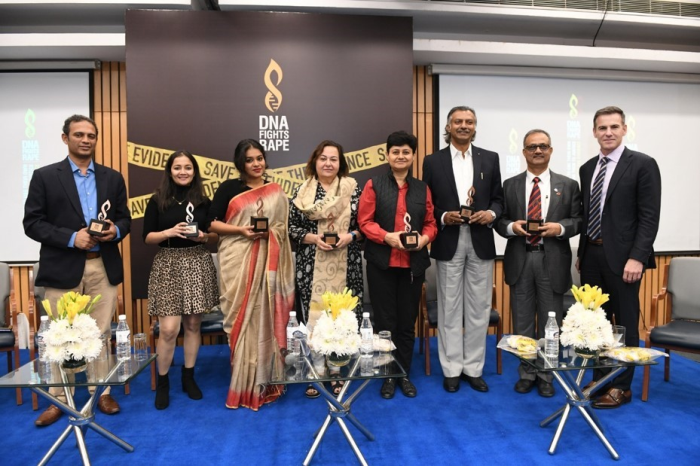
 A pathbreaking initiative combining forces with the Delhi Police and AIIMS to deter incidence of rape was announced on the International Day for the Elimination of Violence Against Women. The awareness drive has been launched to highlight the role of common people and application of DNA forensics in
A pathbreaking initiative combining forces with the Delhi Police and AIIMS to deter incidence of rape was announced on the International Day for the Elimination of Violence Against Women. The awareness drive has been launched to highlight the role of common people and application of DNA forensics in







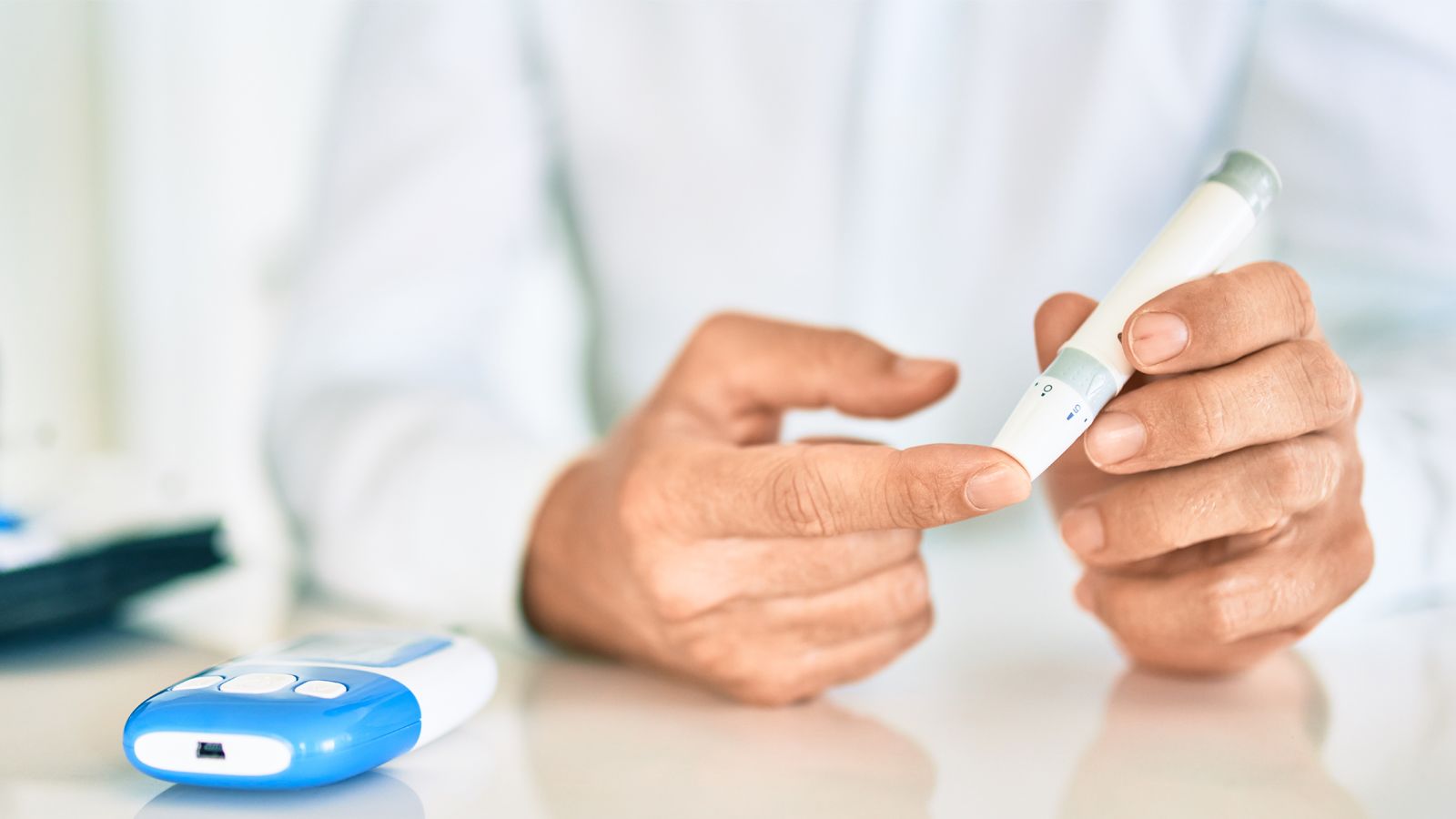
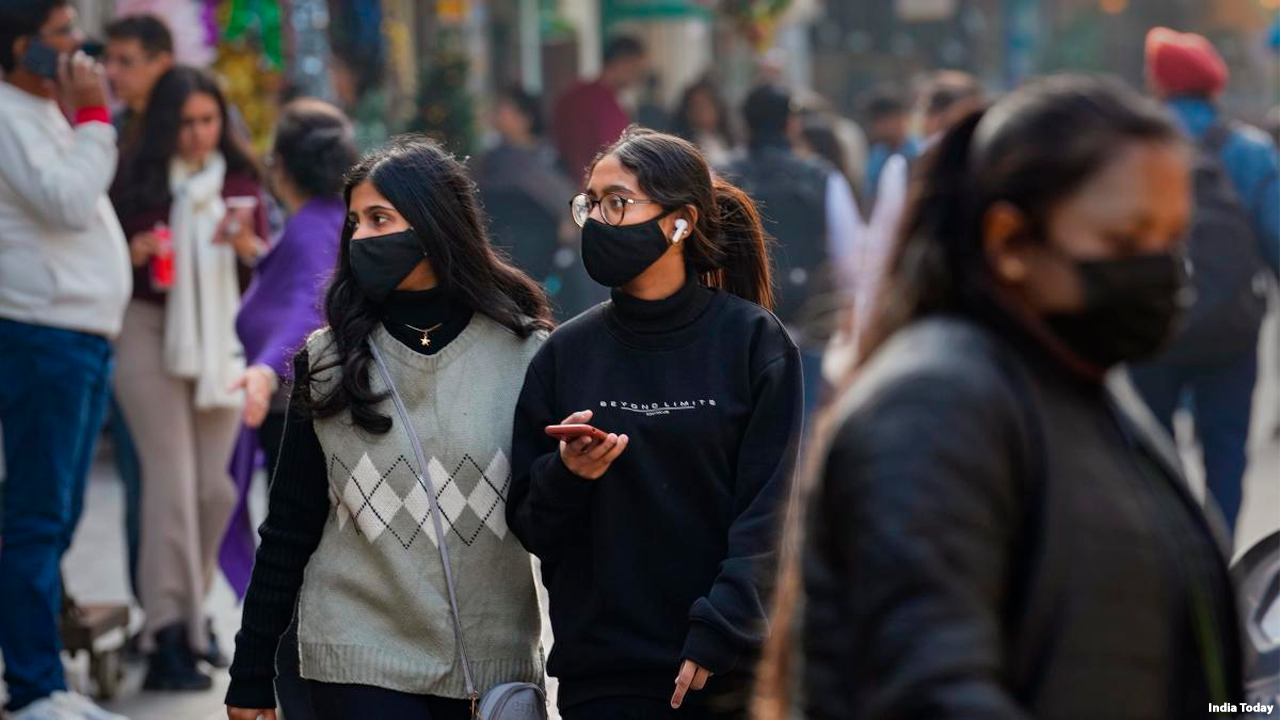
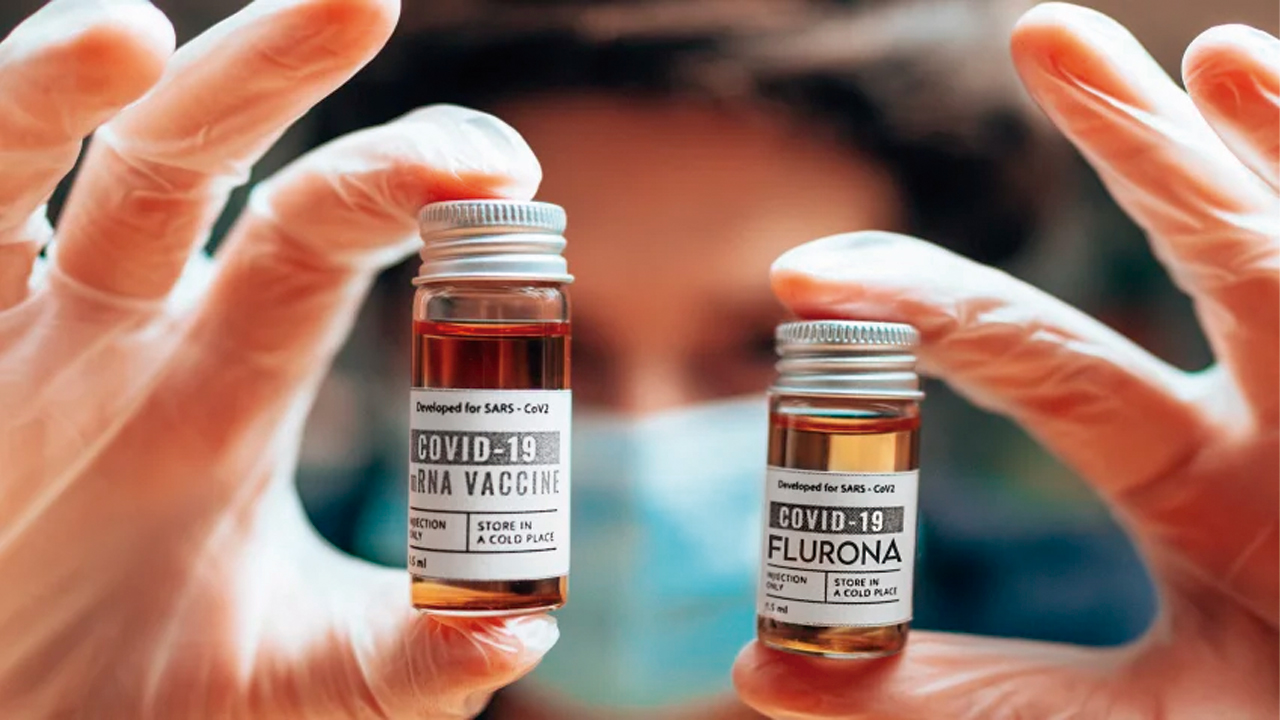
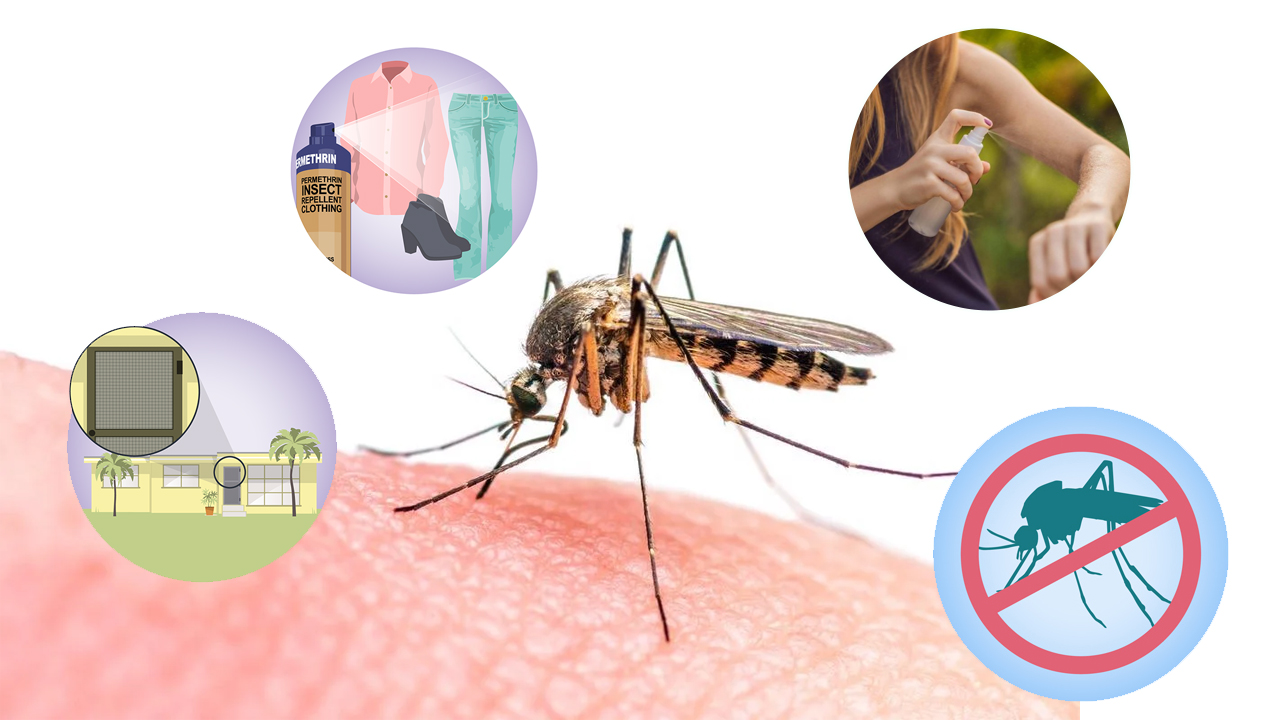
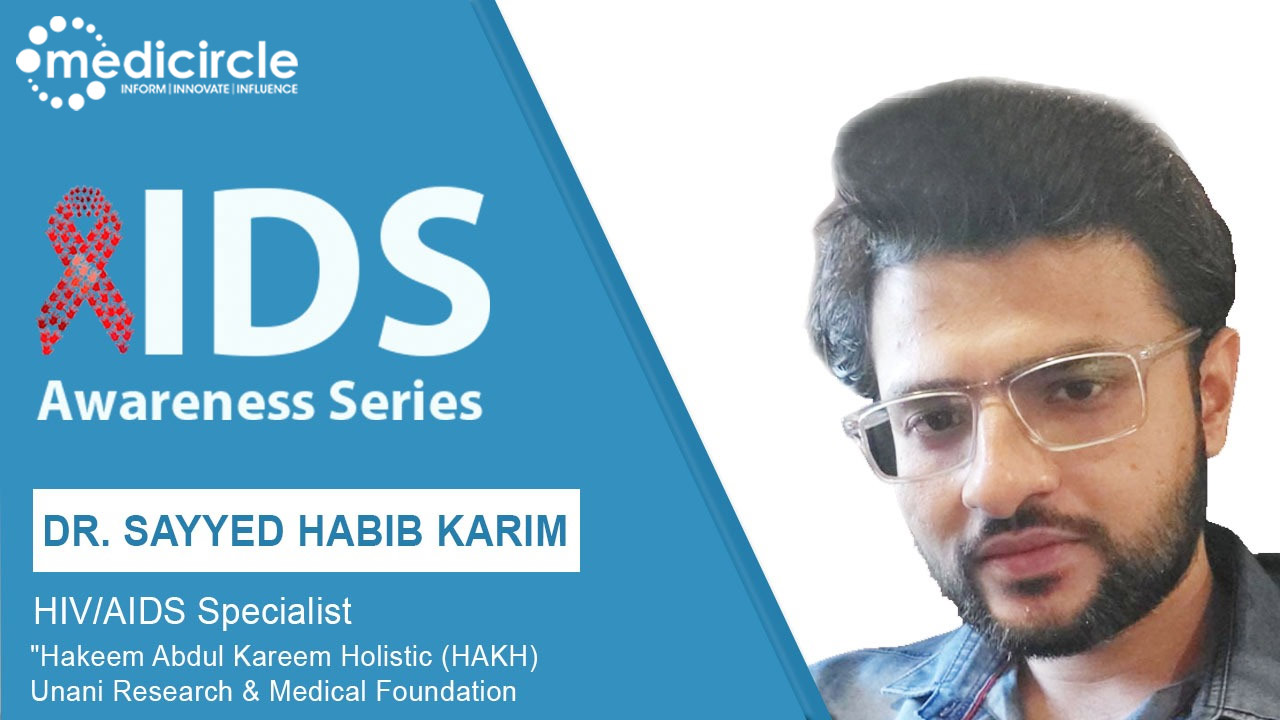
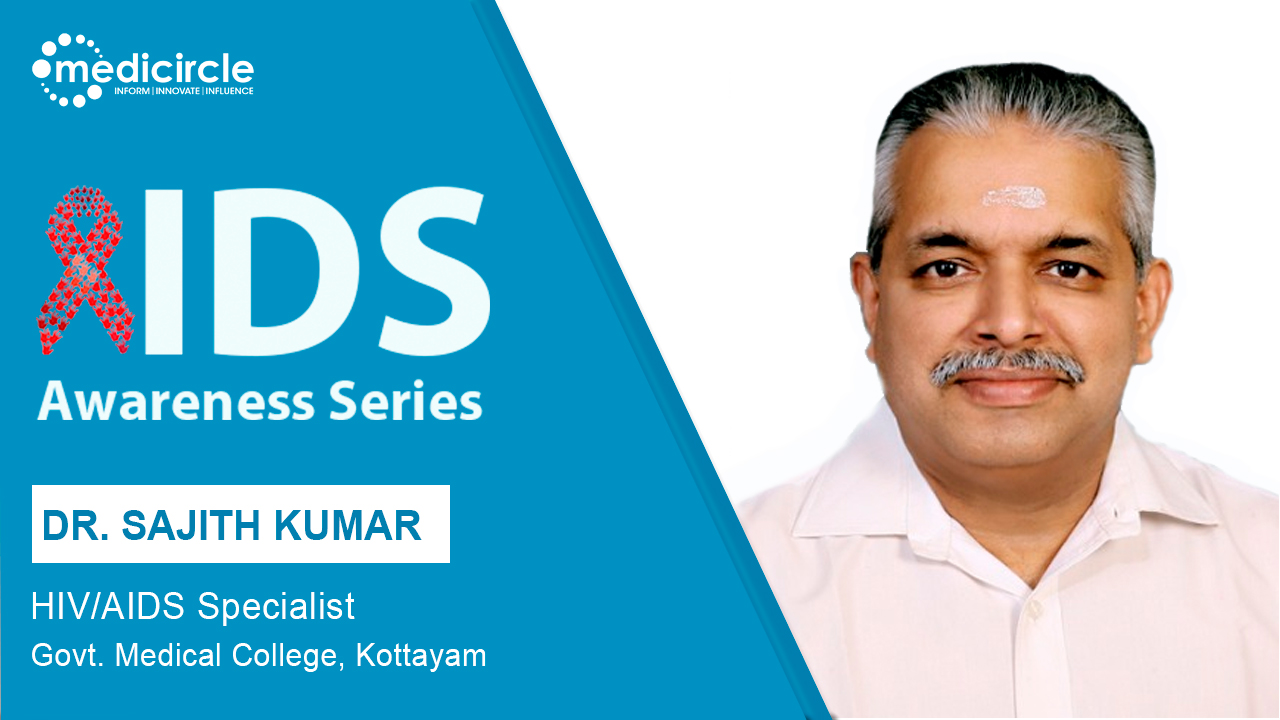






.jpeg)

.jpeg)










.jpg)




.jpg)

